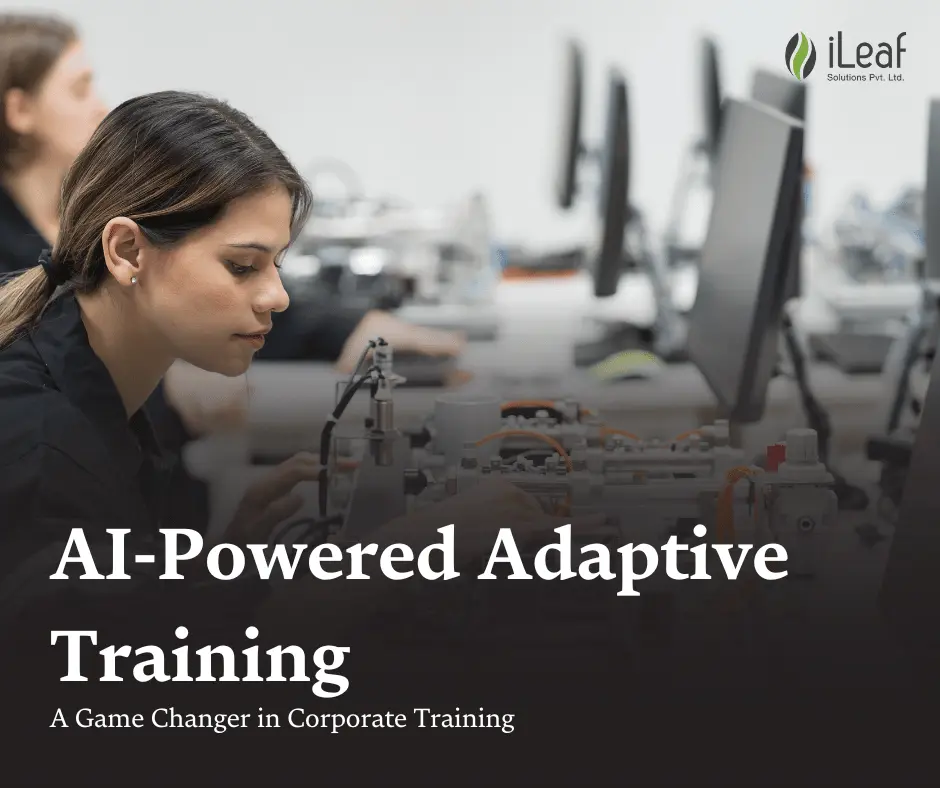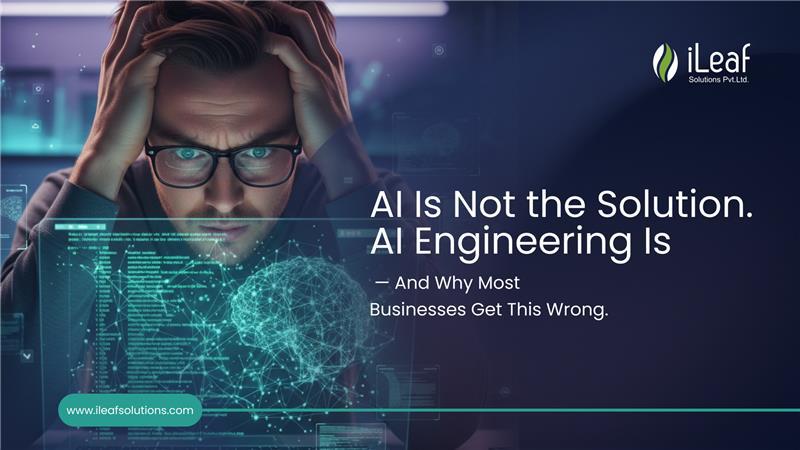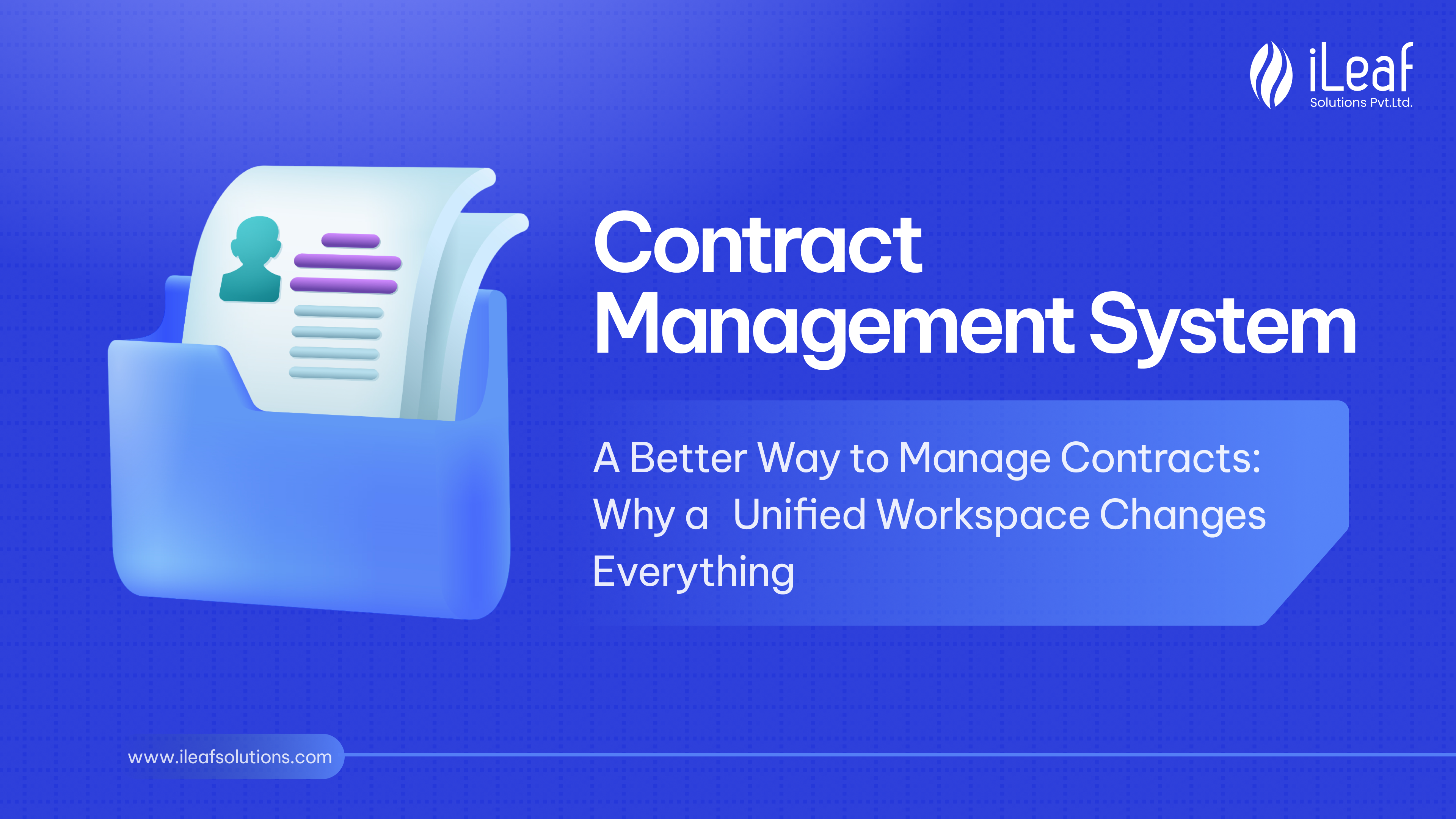AI-Powered Adaptive Training: A Game Changer in Corporate Training

Overview
- Introduction
- Understanding AI in Corporate Training
- The Mechanics Behind AI-Powered Adaptive Training Systems
- Real-Time Feedback and Assessment in Adaptive Learning Environments
- Enhancing Engagement through Simulations in Corporate Training Programs
- Cost-effectiveness and Scalability Benefits
- Future Trends Of AI-Powered Corporate Training Initiatives Beyond 2024
- Conclusion
Introduction
In such a changing scenario, the organization must enable its workforce to better prepare themselves to handle and manage the change effectively. Traditional training methods fail to provide relevant, personalized learning experiences for the modern-day employee population in an engaging manner. Here is where AI-driven adaptive training intervenes.
With artificial intelligence, adaptive training systems allow tailored learning experiences that are given to individual employees for optimum development and return on investment in training programs. This blog discusses some of the inner mechanics driving AI-powered adaptive training, its benefits, and a few of the future trends that are shaping this exciting field.
Understanding AI in Corporate Training
Artificial Intelligence is defined as the simulation of human intelligence processes by machines—often by computer systems to perform tasks usually done by humans themselves, which involve learning, reasoning, problem-solving, perception, and decision-making. In corporate training, AI may be used in a number of ways, including:
Personalized Learning Paths: AI algorithms use data about employees to individualize learning journeys according to their needs, preferences, and performance.
Intelligent Tutoring Systems: AI-powered systems provide instant feedback and guidance, much like a tutor would in a one-on-one session.

Content Recommendation: AI is able to suggest relevant learning materials on the basis of an employee's role, skill, and performance data.
Performance Analytics: AI is able to identify employee training needs using data on employee performance and further measure the effectiveness of the training programs.
The Mechanics Behind AI-Powered Adaptive Training Systems
AI-powered adaptive systems learn from learners' performance data, preferences, and learning styles to create a nonlinear path through the content that is relevant and engaging to every learner. The basic components of the system are basically:
Learner Profiling: It builds detailed profiles of every single learner regarding knowledge, skill, learning style, and goals.
Content Management: Tag with appropriate keywords and properly organize all training content to allow for easy search and access.
Learning Analytics: Track learner progress, knowledge gaps, and effectiveness of training programs.
Adaptive Algorithm: Using AI algorithms, set up an optimum learning path for each learner with respect to his or her performance and preferences.
Real-Time Feedback and Assessment in Adaptive Learning Environments
Other key benefits of AI-driven adaptive training include real-time feedback and assessment. Inherent in the system's ability to analyze learner responses and behavior is the capability to identify problems that a learner may be facing and provide immediate support, hence avoiding knowledge gaps and ensuring learners progress at an optimum pace.
Moreover, AI can be used to create interactive assessments that challenge the learner to apply knowledge in scenarios near reality. Such assessment, compared to a multiple-choice test, is more engaging and effective in developing critical thinking and problem-solving skills in the learner.
Enhancing Engagement through Simulations in Corporate Training Programs
Simulations offer a safe, controlled environment to practice new skills and make mistakes without consequences. AI can provide very realistic and immersive simulations that model some real situation in the world. With AI, simulations can become much more adaptive and responsive to the actions that a learner is taking, thus engaging and making the process of learning more effective.
AI can as well be used to analyze learner behavior within simulation to find learner strengths and weaknesses, and then such information can be used to make focused training input to correct weaknesses and enhance performance on the job.
Cost-effectiveness and Scalability Benefits
Saving to companies from AI adaptive training can be very huge. Any process that is possible to be automated—like content delivery and assessment—reduces the need for human intervention, which takes time. Furthermore, in company-handled training, by assuring that the training is correctly adapted to the employees' needs, organizations increase the efficiency of the training and enable their employees to reach a proficient level in a shorter period.
The other important advantage, in this case, is that AI-based adaptive training is scalable; now, it is easy to roll out to literally thousands of employees without much hassle, ensuring everybody gets the kind of practice they need. This is particularly very important for organizations having a distributed workforce or those growing really fast on the globe.
Future Trends Of AI-Powered Corporate Training Initiatives Beyond 2024
The landscape of AI-driven corporate training is fast changing, and several trends are likely to shape the industry in the next few years:
Increased Use of Virtual and Augmented Reality: It will also be the case that AI-driven VR and AR experiences will allow for even further-reaching possibilities of immersion and engagement.
Integration of AI with Other Technologies: AI will be combined with other technologies, such as blockchain and the Internet of Things, to come up with some really exciting, innovative solutions for training.
Focus on Soft Skills Development: AI shall find adoption in developing training programs that zero in on soft skills, such as leadership, communication, and teamwork.
Personalized Learning Paths Based on Career Goals: AI will be used in making personal learning paths relevant to staff's career aspirations.
Conclusion
AI-powered adaptive training revolutionizes corporate training within any organization. It not only provides personalized learning experiences but also makes them engaging and effective toward developing a much more competent workforce, one that can adapt easily to the present environment. As AI continues to evolve, we will continue to see further innovative and impactful applications of this technology in the realm of corporate training.
Adopting AI-driven adaptive training will be the key to gaining a competitive edge, improving performance for any business, and leading to success.














